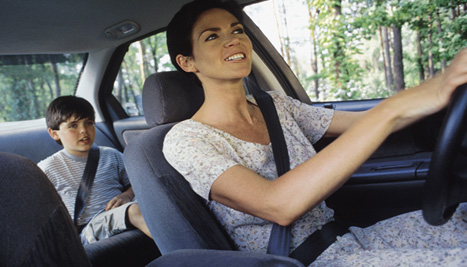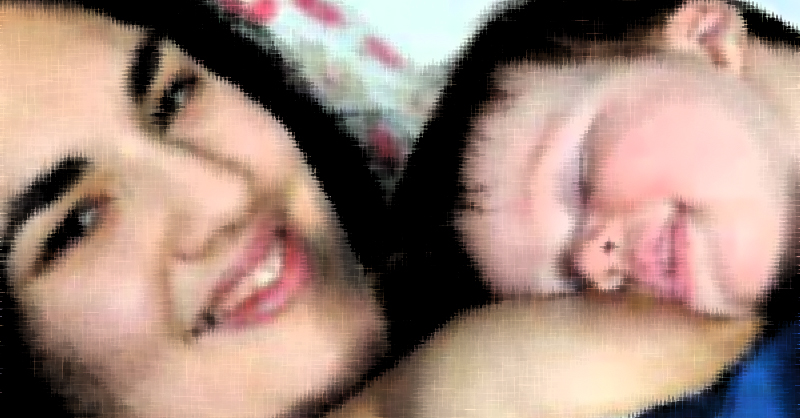
by Roma | Mar 30, 2017 | parenting, trauma
My daughter was playing with a gaggle of kids the other day and they decided it would be fun to all pile into our small sauna. In the scuffle, one of the other kids was closing the door and accidentally caught her finger quite badly. On hearing her shriek, I ran and lifted her out. She was screaming, very distressed and for a while I didn’t know what had happened so I took her to sit down and just held her. I could see she was holding up her finger and that it was squashed and bleeding. She was besides herself with heavy sobs and wailing and I just said simply “Your finger got trapped” as she heaved and tried to tell me the story. I stayed close as she shuddered and shrieked and told fragments of the story and just offered simple observations such as “That really hurts, your finger got caught” and letting her know “I’m with you, I’m so sorry that happened.” After about 10 minutes her crying started to die down and I suggested “Shall we have another look?” She looked again at her finger and once more started bawling. I wanted to help her stay with the feelings of upset so she could release them fully from her system and recover from this mishap. I continued encouraging her to keep looking at the finger and crying more. When children cry after small bumps, the intensity of emotion can often feel disproportionate to the level of injury. We tend to want to appease them with plasters or medicines or stop them crying through reassurance that...
by Roma | Dec 6, 2016 | parenting, relationships, trauma
This scene is the aftermath of deep emotional work. Where all the lights… and eyes, were on me. An experience unparalleled except for in ceremonies where all my people showed up just for me – like our wedding or my beautiful blessingways. I have shared a fair bit on Facebook about how I have recently been going through an intensely emotional time. I have had to face several really hard things this year, culminating in an excruciating situation which triggered two core hurts from childhood. This pain I had spent my whole life avoiding finally found a way out in the shape of a breakdown where I spent four months unable to do much beyond feeling, shaking, crying, raging. I was deeply distressed most of the time, waking each night for several hours distraught, frozen in angst and horror. I was exhausted and out of my mind. My capacity to think has been very much inhibited, as well as my ability to parent or hold space. I have leaned on my community a lot. My listening partners have held me through this with such presence, patience, love and dedication. And somehow through the shame of being so needy, broken and unable to give back and feeling that this was all my own fault and I deserved it, I knew I needed to ask for even more. So I rallied my listening partners and asked if they would be willing to perform what Patty Wipfler has developed as a ‘Parent Rescue Squad’. This is where a parent in crisis summons support through one way extensive listening time. An intervention that...

by Roma | May 5, 2015 | parenting, trauma
Dan Siegel, in his wonderful book, Parenting From The Inside Out, outlines research that suggests a child’s attachment status can actually be predicted by how coherent their parents’ autobiographical narratives are. Our stories reflect how well we have made sense of our lives and this directly impacts on our ability to parent responsively. I know personally from spending many hours using listening partnerships to make sense of some of the hard things in my life, that the process is transformative. I feel lighter, more authentic, more playful. I experience greater intimacy and uncontrollable belly laughs several times a day! Siegel suggests helping children heal their experiences too, by telling them their story. I had been waiting for the opportunity to do this with my 7-year- old. This morning we were off on an adventure, just the two of us. He was in the back of the car playing with Lego vehicles and one of them represented me. They fought and he said to my vehicle, “Aw, you broke my heart”. “Did I?” I asked. “Nah…” he said. Now was my moment; he was calm and connected and was captive to the car journey ahead. I took a deep breath. “I might’ve broken your heart at some points in your life,” I said casually. “Really?” he was intrigued. So I told him his story. How when he was a baby he had two very devoted parents who were right there with him and helped him with everything he needed. But when he was a toddler Daddy was confused about whether he loved Mummy or a different lady and became unsure if he wanted to...




